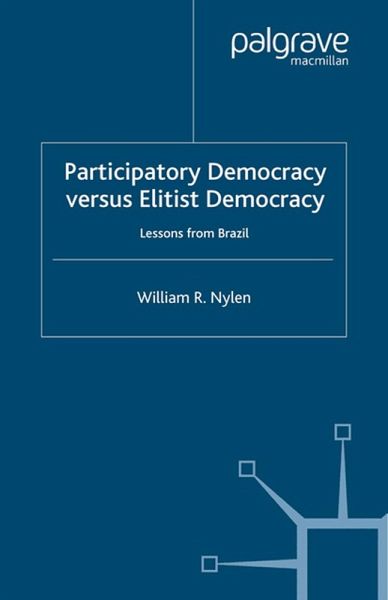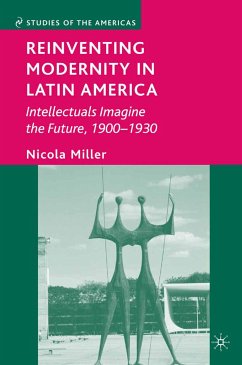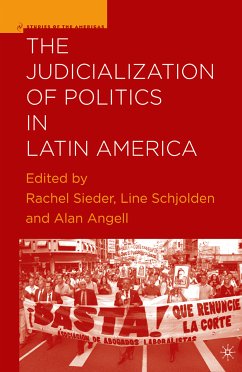
Participatory Democracy versus Elitist Democracy: Lessons from Brazil (eBook, PDF)
Versandkostenfrei!
Sofort per Download lieferbar
40,95 €
inkl. MwSt.
Weitere Ausgaben:

PAYBACK Punkte
20 °P sammeln!
William Nylen begins by discussing North Americans' love-hate relationship with politics and politicians, then shows how Brazilians feel the same way (as do many citizens of democracies throughout the world). He argues that this is so because contemporary democracies have increasingly trickled up and away from so-called 'average citizens'. We now live in a world of 'Elitist Democracies' essentially constructed of, by and for moneyed, well-connected and ethically-challenged elites. Fortunately, there are alternatives, and that's where Brazil offers valuable lessons. Experiments in local-level p...
William Nylen begins by discussing North Americans' love-hate relationship with politics and politicians, then shows how Brazilians feel the same way (as do many citizens of democracies throughout the world). He argues that this is so because contemporary democracies have increasingly trickled up and away from so-called 'average citizens'. We now live in a world of 'Elitist Democracies' essentially constructed of, by and for moneyed, well-connected and ethically-challenged elites. Fortunately, there are alternatives, and that's where Brazil offers valuable lessons. Experiments in local-level participatory democracy, put into practice in Brazil by the Workers Party show both the promise and the practical limitations of efforts to promote 'popular participation' and citizen empowerment.
Dieser Download kann aus rechtlichen Gründen nur mit Rechnungsadresse in A, B, BG, CY, CZ, D, DK, EW, E, FIN, F, GR, HR, H, IRL, I, LT, L, LR, M, NL, PL, P, R, S, SLO, SK ausgeliefert werden.












